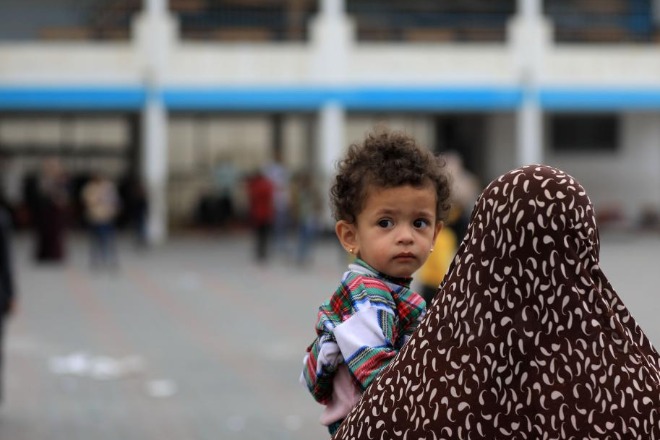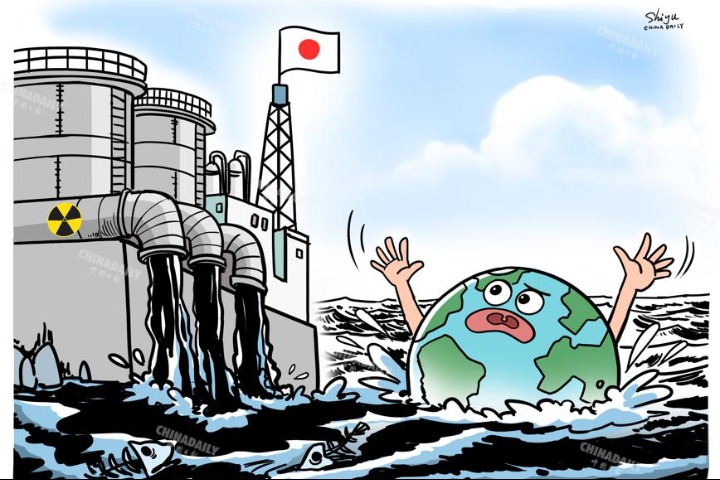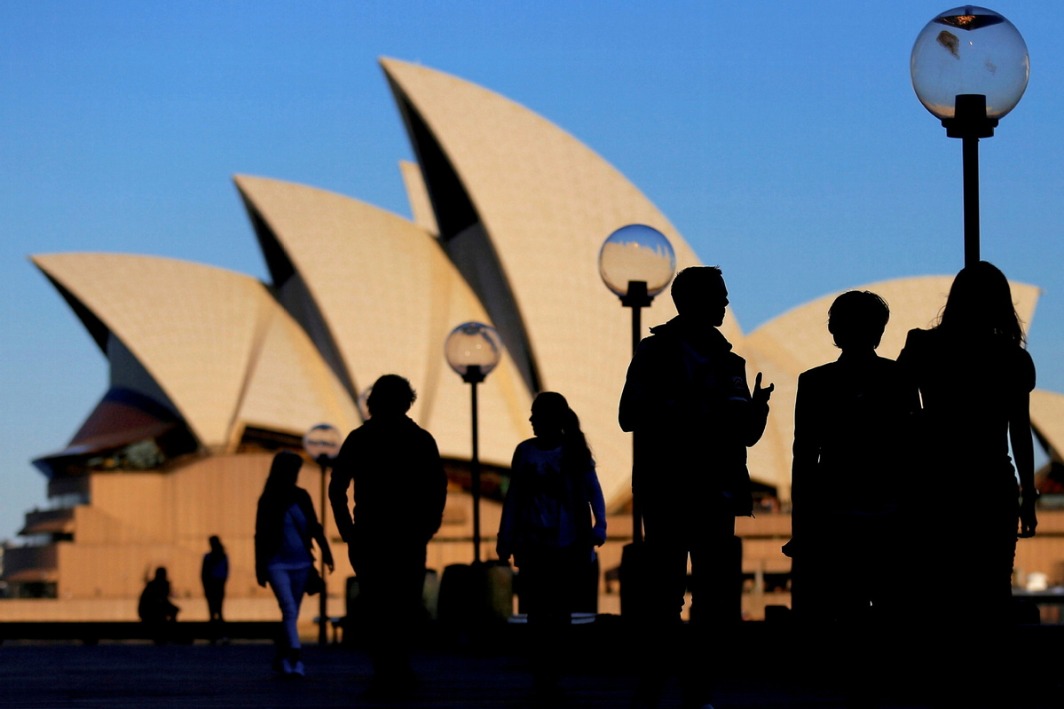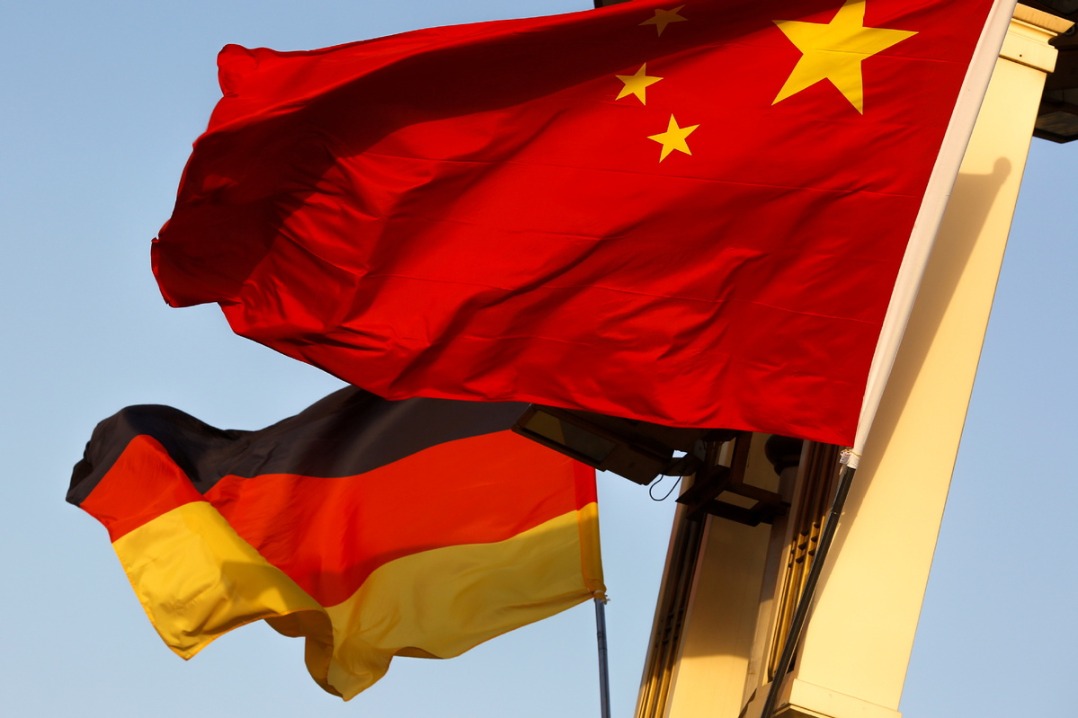G7's development assistance initiative intended to be means of severance: China Daily editorial

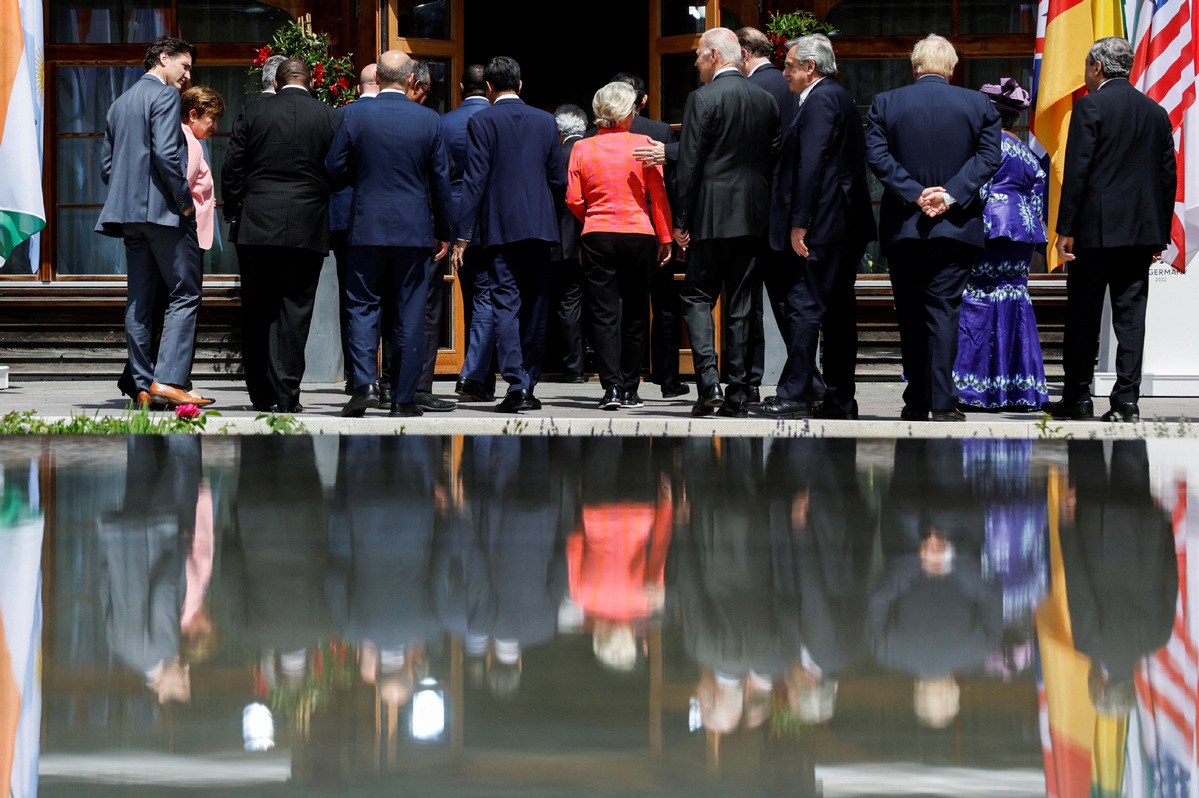
Decades of economic globalization have interwoven countries so tightly together that many matters that could have been tackled by countries individually or in small groups previously now entail the greater, broader engagement of many more countries.
In the highly globalized international landscape that has been profoundly transformed by transnational industry, supply and value chains, any attempts at reversing the trend would prove costly, and unrealistic.
Plenty of common, global challenges such as economic recovery, climate change, and volatile traditional and nontraditional security risks add to the urgency of greater international synergy in a post-COVID-19 world.
The world, however, appears to be on the brink of another round of geopolitical bisectioning.
As the just concluded BRICS Summit and ongoing G7 Summit have demonstrated, countries are thinking very differently about how they should interact in a post-pandemic world.
Just like at the 25th St. Petersburg International Economic Forum, where President Xi Jinping and Russian President Vladimir Putin reiterated the significance of building a democratic, multipolar world, where there is no hegemony and bullying. BRICS leaders in their joint statement pledged to work to develop inclusive partnerships for common, global prosperity.
The correct way forward, as the BRICS leaders said, is for countries to work together, rather than against one another.
It is this inclusive global vision, which prompted China's recent proposals of a Global Development Initiative and Global Security Initiative.
Unfortunately, the developed countries think differently. At their ongoing summit in southern Germany, the G7 leaders unveiled a development assistance initiative, which should have been good news for developing countries.
Under the "Partnership for Global Infrastructure and Investment", a new package of United States President Joe Biden's "Build Back Better World" campaign trail proposal, the seven countries on Sunday pledged to raise $600 billion in private and public funds over five years to finance needed infrastructure in developing countries.
That they are now getting serious about giving, having for so long failed to deliver on their promises of infrastructure funding, should indeed have been a welcome move. Except that international development aid is being used for geopolitical purposes, to rival the China-proposed Belt and Road Initiative, and offset alleged Chinese influence in the developing world.
The Chinese leader has on several occasions invited Western countries to join the Belt and Road Initiative for the betterment of human progress worldwide.
The G7 initiative, however, will inevitably work against the ideal of global synergy and worsen geopolitical divisions in addition to widening the development gaps.
It will thus do a disservice to world peace and prosperity in the long run.






















